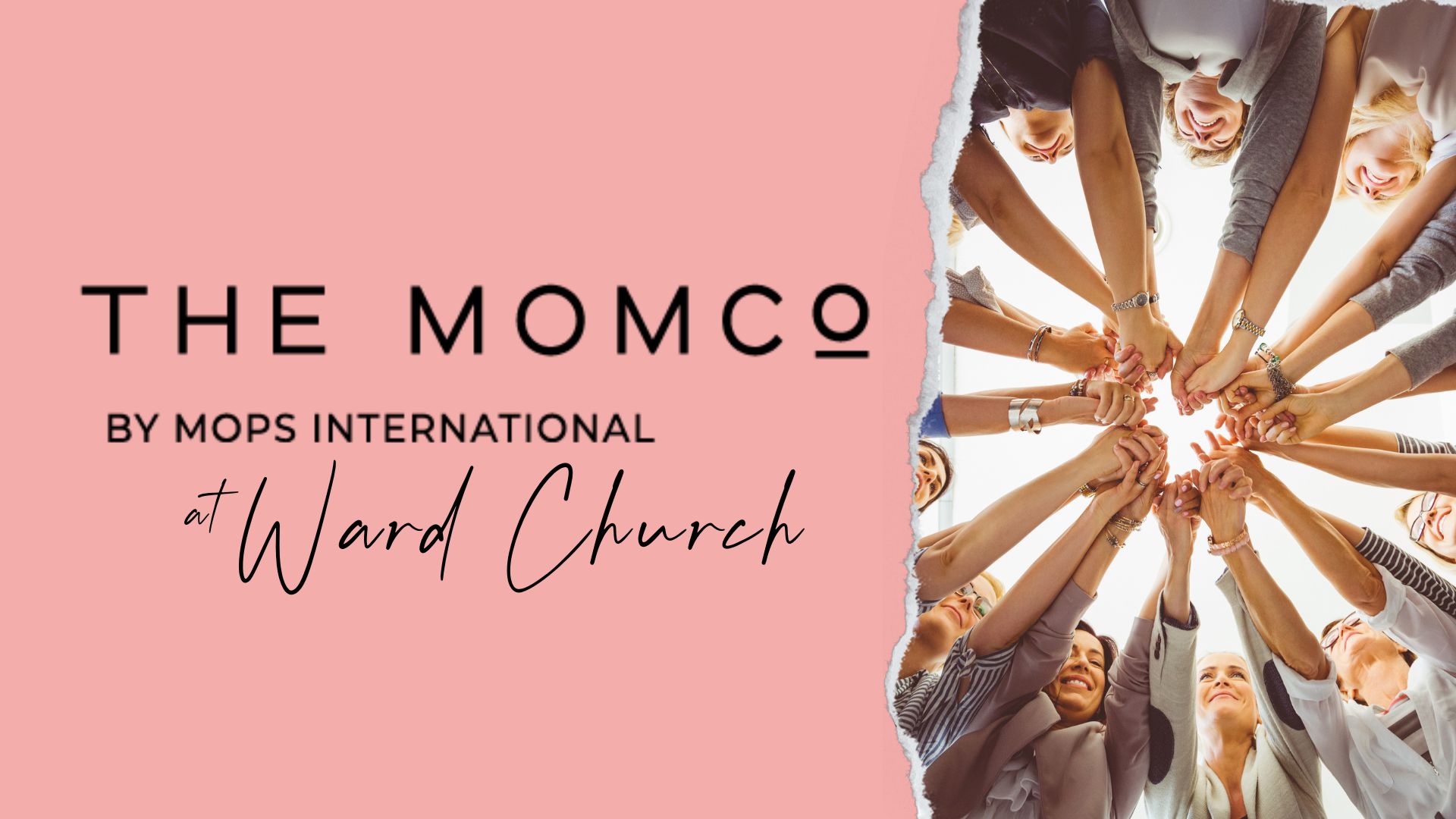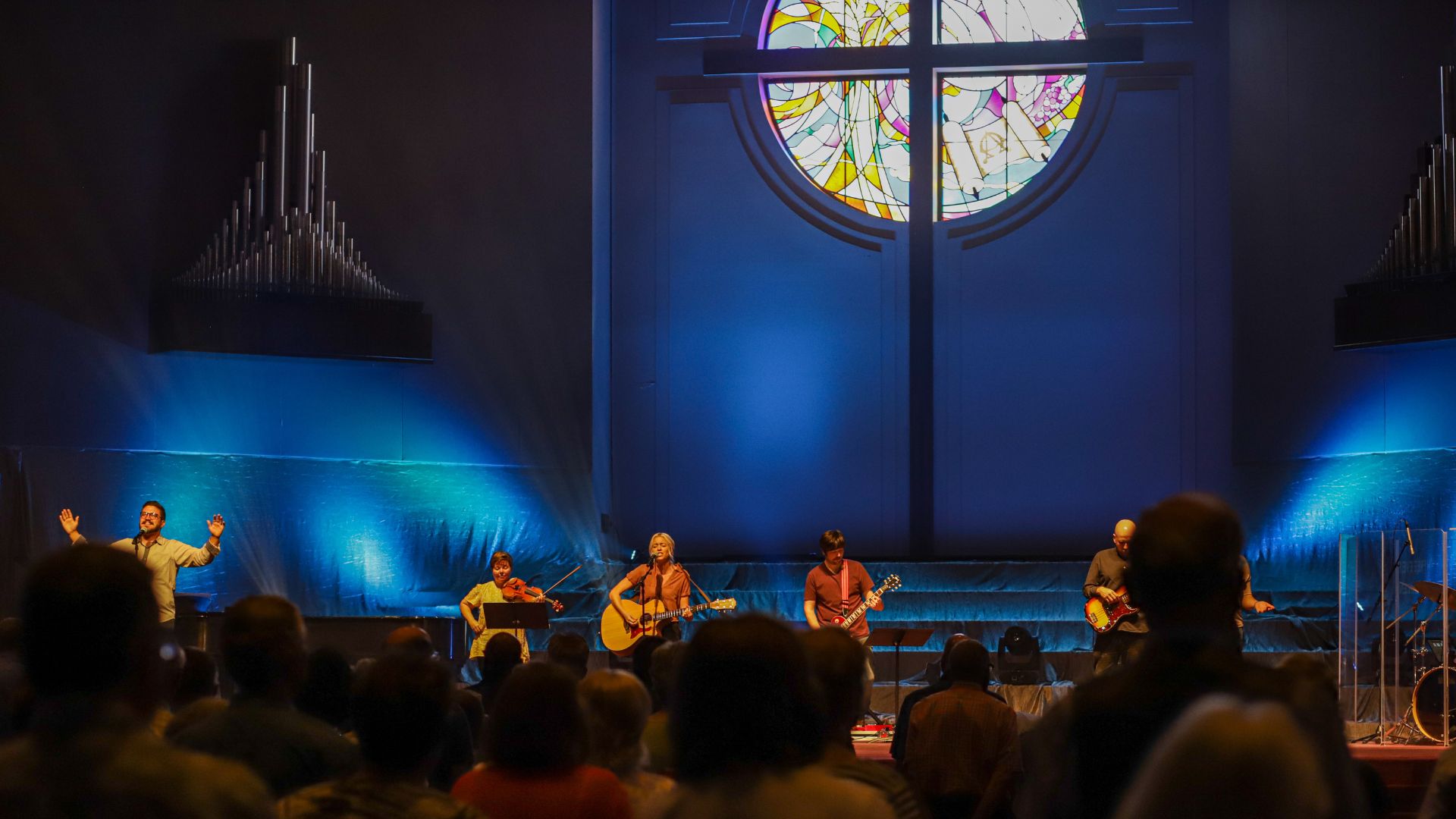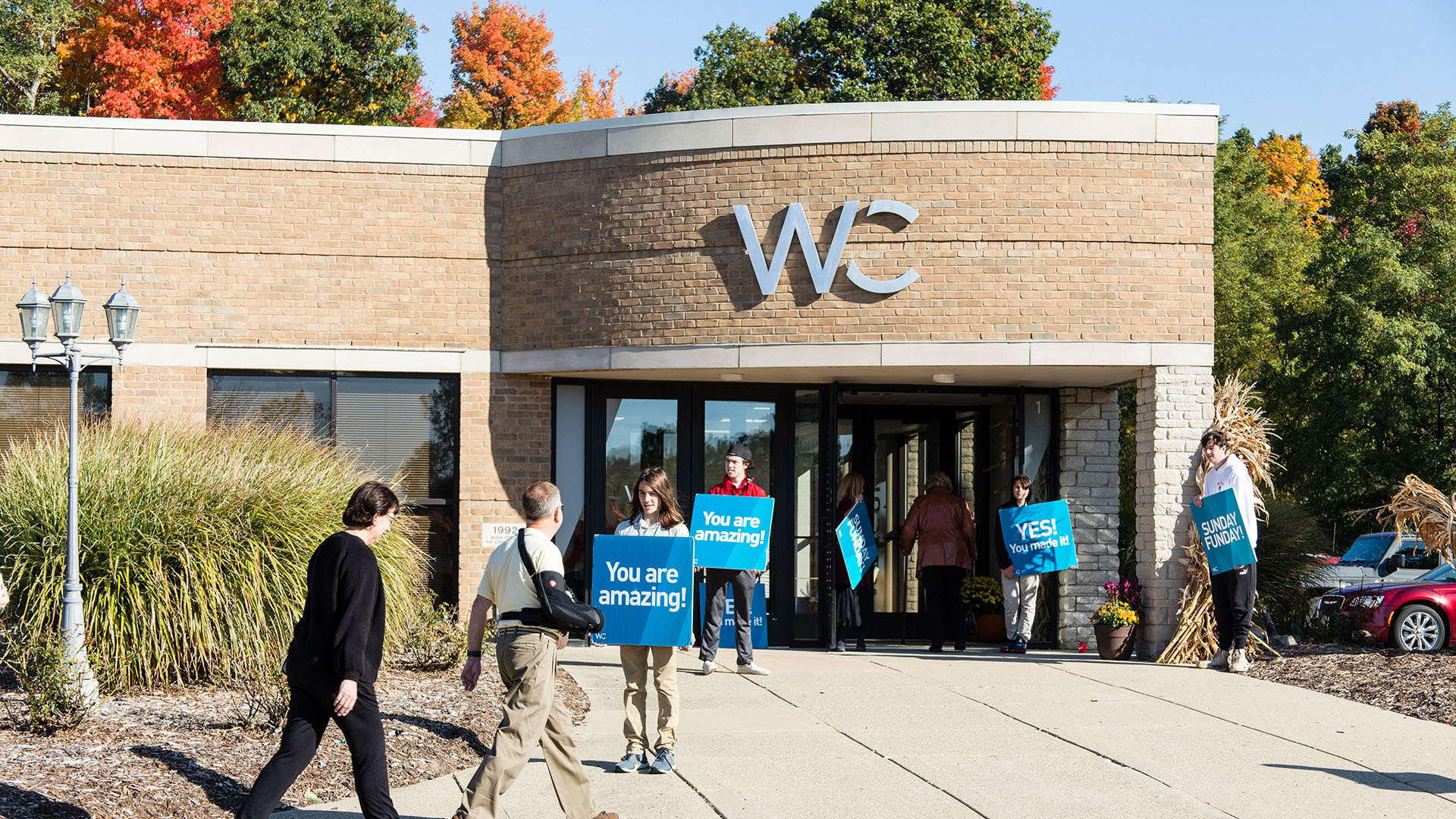
Over the past several days I have been copied on a stream of emails regarding the “emerging church”? One group says we have much to learn from younger Christians and the emerging church. Another group says the emerging church is a modern day heresy. Which side is right? I am being asked to weigh in on the “emerging church controversy.” After a few questions, I discovered a major problem in the debate. Each side is using the term “emerging church” differently.
THE LIMITS OF LABELS
The word “emerging” was an adjective long before it was a label. I first heard the phrase “emerging church” more than ten years ago. It referred broadly to the church of tomorrow. An “emerging paradigm” is a paradigm that may not be fully embraced (or even fully formed), but is expected to be the new normal of tomorrow. An “emerging world view” is a way of thinking that is on the cultural landscape, but not fully arrived. The emerging church refers to the methodological and stylistic changes the church will make to minister to a changing culture. You can see these shifts on the horizon, but they have not fully arrived. (They are “emerging.”)
Fast forward ten years and “emerging” is more commonly used to describe Christians (usually younger in age) who are reacting against some aspects of the established church that has dominated the American religious landscape for the past 50 years. These young Christians identify strongly with Jesus, but less with organized religion; seek worship that is more authentic and experiential and less performance-oriented; prefer sacred space over institutional buildings; desire leadership that is transparent and among, rather than over and above; and value living the Bible as much as knowing the Bible.
For the most part, the issues of the emerging church are stylistic, methodological, and practical – not theological or doctrinal. However, some folks using the emerging label, as they embrace the openness of postmodern thought, are challenging the exclusivity of the gospel. They reject the evangelical emphasis on, “Who is in and who is out?” While I would affirm an emphasis on the wideness of God’s mercy, I must reject any theology that does not proclaim the uniqueness and centrality of Jesus Christ.
Some writers draw a distinction between “emerging” (an ethos) and “emergent” (a theology), but the bottom line is that the words are used differently by different groups in different contexts. To add to the confusion, “Emergent” is now the name of an organization which promotes intellectual and theological ideas, some that I accept and some that I reject.
If you were to ask me, “Are you emergent?” I would need to ask, what do you mean by “emergent”?
MULTIPLE DEFINITIONS
Whenever we recite the line from the Apostles’ Creed, “I believe in the holy catholic church,” I get questions. “What does that mean? Is our church catholic?” I have to explain that the term “catholic” was an adjective long before it was the name of a denomination. The word “catholic” means “universal”. To say, “I believe in the holy catholic church,” is to say that I believe that ultimately there is one church of Jesus Christ that crosses boundaries of geography, time, and denominational labels.
Am I catholic? It depends what you mean. If you mean, “Are you part of the larger Christian church?” then the answer is “yes.” If you mean, “Are you part of the Roman Catholic Church and do you subscribe to all of its doctrine?” the answer is “no.” The word catholic is both an English adjective and the name of an official denomination. The distinction is important and, at times, confusing for churches that affirm the Apostles’ Creed.
The problem of differing definitions was the crux of the email war I witnessed this week. A concerned congregation member emailed everyone in her address book that a Ward staff member (not me) said that he embraced the ideas of the emergent church. The staff member and the congregation member have very different definitions which led to colossal confusion.
What he said: I embrace the emergent church movement.
What he means by emergent: I favor Jesus-centered worship that is creative, experiential, and sensory. I favor church is that is less institutional and more relational. I favor an ecclesiology that understands that the church is present wherever Jesus’ people are present, and doesn’t just focus on the Sunday gathering.
What she means by emergent: I believe that there are many ways to the Father other than Jesus. I believe all religions are the same. I reject many of the doctrines of historic Christianity.
Am I an emerging Christian? Am I emergent? It depends what you mean. I am reluctant to claim a term for which people have different definitions. In fact, for the purpose of clarity, I suggest we not use words that have multiple definitions (like “emerging” or “emergent”) but, instead, focus on specific beliefs and behaviors.
Do I believe the message of Jesus never changes? Yes.
Do I believe the church methodologies must change over time? Yes.
Do I welcome a variety of expressions in worship? Yes.
Do I believe Jesus is the unique revelation of God and the only way to the Father? Absolutely.
Do I believe the church is still God’s instrument in the world? I am counting on it.
Let’s move past labels and get to the heart of the matter. Let’s believe the best about each other. Let’s work hard to present the never-changing Jesus to an ever-changing culture.
Scott
P.S. For a good explanation of the key elements and controversies of the emerging church, check out Scot McKnight’s article in Christianity Today, Five Streams of the Emerging Church




